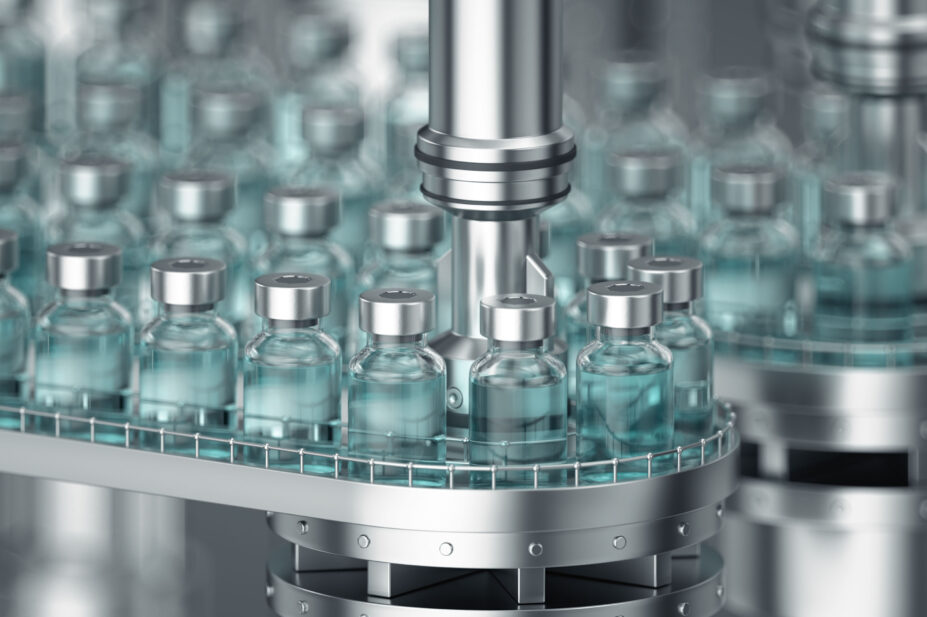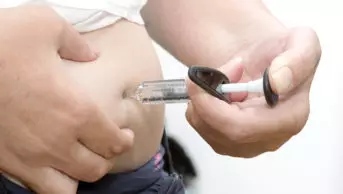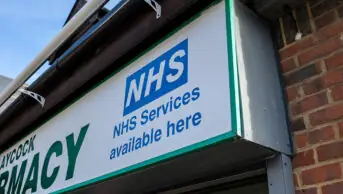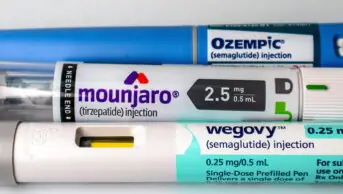
Shutterstock.com
Switching from original biologic to biosimilar medicines could save the NHS £1bn over five years, NHS England has told The Pharmaceutical Journal.
On 31 January 2025, NHS England published its ‘2025/2026 priorities and operational planning guidance’ for NHS trusts and integrated care boards.
The guidance, which includes a priority to exhaust “all possible realistic in-year productivity and efficiency opportunities”, outlines that trusts should “ensure that patients are prescribed the best value biological medicine where a biosimilar medicine is available”.
Commenting on the guidance, a spokesperson for NHS England told The Pharmaceutical Journal on 6 February 2025 that “there is an opportunity with biologic medicines to save £1bn over five years by rapidly taking up new biosimilar drugs that have, or will shortly be available, on the UK market”.
Board papers published by NHS England on 5 December 2024 note that at least half of these savings could be realised by 2028.
The board papers said: “To increase the value of every pound spent, progress has been made in medicines efficiencies through price savings and switches to biosimilars, which have saved £171m year to date July 2024.
“Work on the pipeline opportunities available for biosimilars up to 2028 could realise over £0.5bn in savings.”
To facilitate these savings, the NHS is consulting on its standard contract for 2025/2026, in which it has proposed a new service condition that NHS providers “use all reasonable endeavours to ensure that… service users are prescribed the best-value biosimilar biological medicines where these are required”.
NHS England told The Pharmaceutical Journal that it was “capitalising on a number of savings opportunities across medicines”, including “new-to-market biosimilars, such as tocilizumab and ustekinumab”.
Fiona Bride, director of medicines value and access and interim chief commercial officer at NHS England, said:“NHS England has a strong track record of securing patient access to innovative, life-changing treatments at prices that ensure value for taxpayers.
“We are finding and delivering a range of savings opportunities for NHS medicines, including through the rapid adoption of lower-cost generics and new biosimilars, creating the financial headroom for the health service to commission cost-effective advanced therapy medicinal products, including personalised gene therapies.”
Mark Samuels, chief executive of the British Generic Manufacturers Association (BGMA), said: “Biologics offer the NHS one of its biggest cost-saving opportunities, providing a cost-effective way for more patients to access the critical medicines they need.”
He added that the BGMA’s research shows that more than 250 products, including biologics, will lose their patent protection before the end of 2029, but that “the UK risks not reaping the full rewards from these vital medicines if the launch environment is not conducive to off-patent manufacturers”.
“Successive political administrations have failed to provide dedicated policies designed to encourage the uptake of generic and biosimilar medicines,” Samuels said.
“With competition for limited global stock allocations of medicines, the government must ensure the UK is a priority supply destination. To its credit, NHS England has recognised the significance of biosimilar medicines. However, the government must actively support biosimilars as a key part of the new life sciences sector deal and industrial strategy. The NHS savings and improved patient access to medicines are too sizeable to ignore.”


